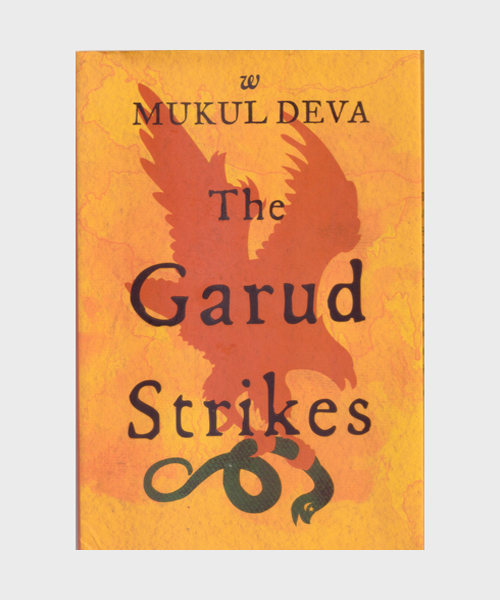
Soon, the trickle of refugees into India had become a deluge. Soon, every possible Indian facility along those borders was swamped. The hospitals were overflowing with men who had had limbs chopped off; women who had been raped, disfigured, and had their breasts cut off. Even children had not been spared. The bestiality displayed by the Pakistan Army cannot be expressed by mere words. Mutilated and mangled, millions flowed into India.
"We were grappling to come to terms with what we saw, as much as we were trying to cope with the daily increasing flood of starving, battered and mutilated people." The expression on Captain Sutradhars face conveyed it all. "I still remember Ted Kennedy standing in the hospital ward when he visited us in July 1971. There was not even an inch of room available in the hospital; every possible corner had been taken up by a mass of humanity … by what had once been normal, happy human beings." The good doctor was now crying openly.
Ted Kennedys visit, and the coverage by international media that followed in its run-up, played a major role in highlighting the plight of the East Pakistani refugees and the atrocities committed on them. Till now this was being largely ignored by the American media, primarily because the Vietnam War and the Cold War were at their peak, and America was not very keen to discuss the misdemeanours of Pakistan, its favoured ally in the Southeast Asia Treaty Organization (SEATO) and Central Treaty Organization (CENTO). And also because Nixon and Kissinger were using Yahya Khan to try and effect a rapprochement with China.
The Pakistani Armys atrocities also went unreported because the then UN High Commisioner for Refugees, Prince Sadruddin Aga Khan also happened to be the only child of Sir Sultan Mohammed Shah Aga Khan III, a Pakistani. He allegedly did not hesitate to use his offices to play an ambivalent role and downplay the horrors unleashed by Pakistani soldiers on the hapless East Pakistanis.
"I cannot tell you what terrible things we saw," Major Chandrakant, then officiating second-in-command and commander of Alpha Company, 4 Guards, muttered bleakly. "In the months before the war, when we were at Sabrun, every day, Pakistani soldiers would drag naked Bengali (Hindu) women like cattle to the river, right in front of our border outposts (BOPs) and force them to bathe in front of every one ... and they would beat them, rape them and mutiliate them. Those gutless men would even yell at us that this is what the fate of all Indian women would be if India dared to intervene in Pakistan."
The anguish in his voice was raw even to this day. I tried to visualize what he had described, and failed. My mind could not grasp such a reality. I tried to understand the pain and horror they must have experienced, but in vain. But then I correlated it with the news of the day, where Pakistani soldiers had beheaded an Indian soldier, and I could easily see that the Pakistan Army had lost its soul a long time ago. This is not the way soldiers behave. Warriors the world over live by a code of conduct, and such animal behaviour is not a part of it. There can be little hope for a nation when its Army (its pride and glory) stoops to such bestial behaviour.
"They should not have been allowed to get away with all this. Their officers posted in East Pakistan should have been tried for war crimes, for the sheer bestiality they committedand allowed their men to commit," Chandrakant's anger was palpable. "Do you think they would have gotten away scot-free if this had happened in a
Tags :